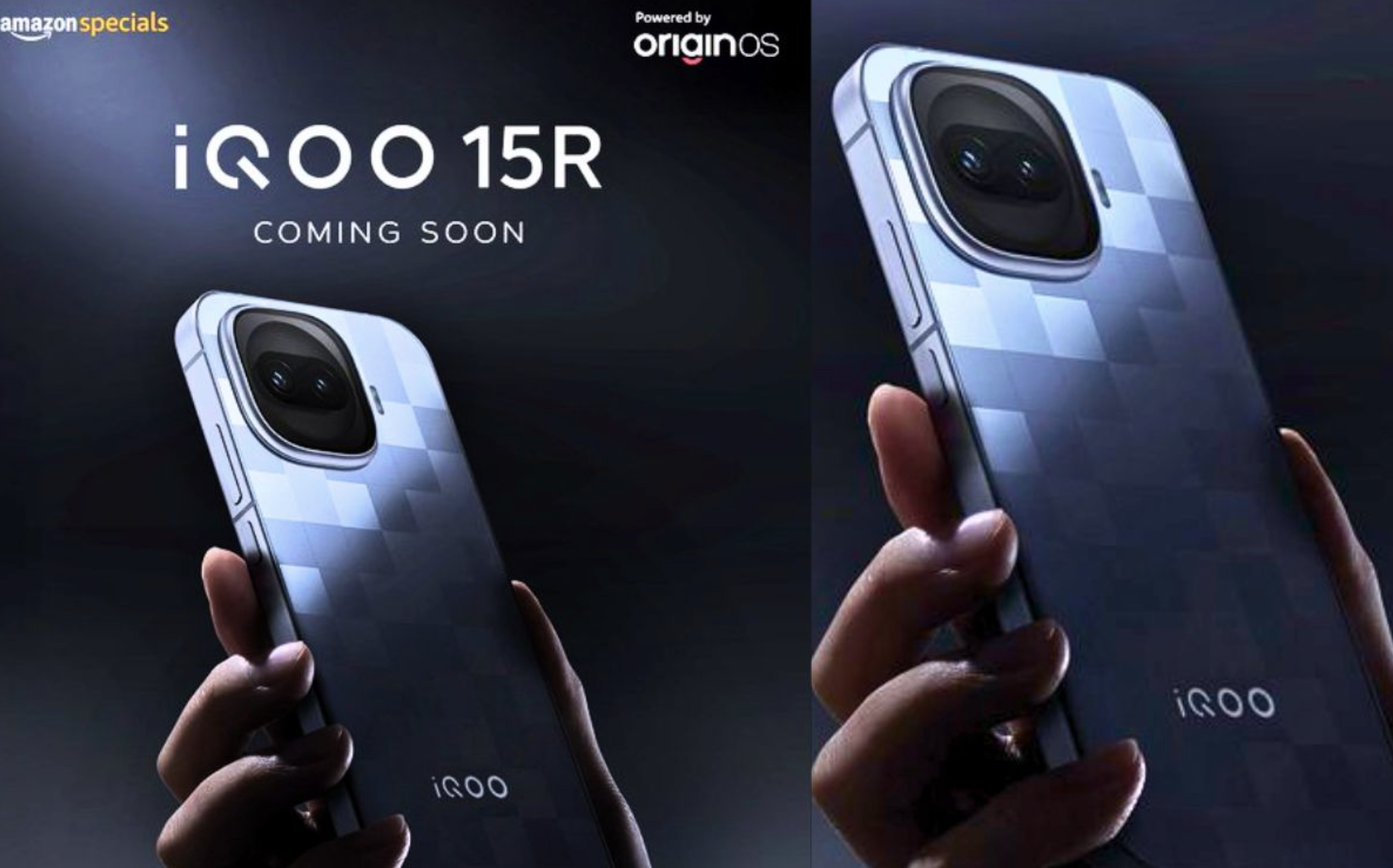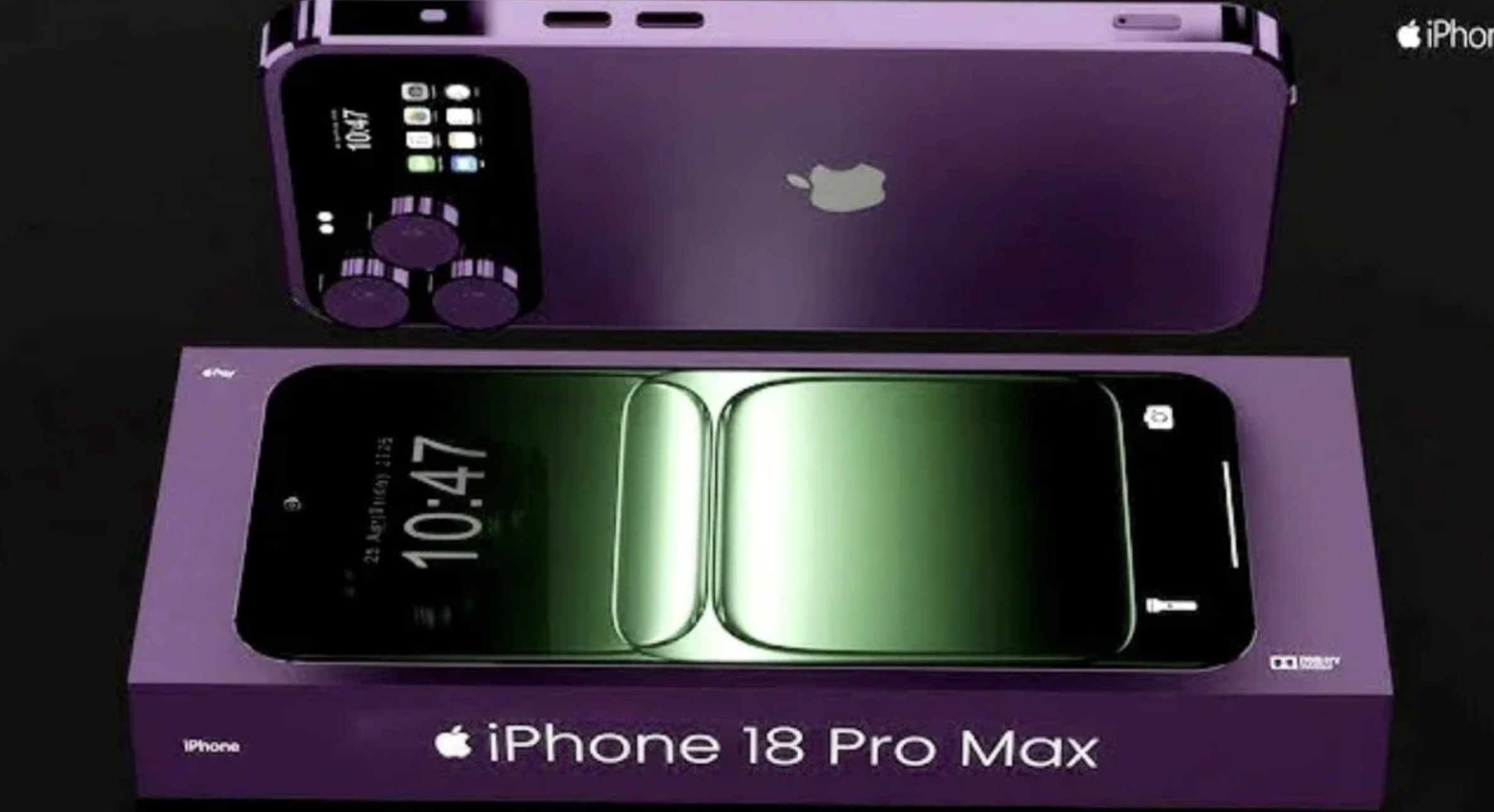Virtual reality (VR) headsets, like Apple’s Vision Pro, pose challenges for users who wear glasses. Currently, users must rely on costly Zeiss inserts to correct their vision while using these devices. However, Apple may soon revolutionize this experience by introducing liquid lenses in its Vision Pro headset, as suggested by a recently filed patent. This technology promises to eliminate the need for separate corrective lens inserts, providing a more seamless and personalized vision experience.

The Innovation: Liquid Lenses for Dynamic Vision Correction
The newly filed patent outlines a cutting-edge approach to vision correction using liquid-filled lenses controlled by electrical currents. Unlike traditional glass lenses, which have a fixed curvature and refractive index, liquid lenses can dynamically alter their shape and focus in response to an electrical signal. This innovation allows the lenses to adjust in real-time to match the user’s prescription, even as their vision changes over time.
Enhancing AR Experiences with Adaptive Focus
Liquid lenses could be particularly beneficial in augmented reality (AR) settings. Traditional lenses are typically designed for specific focal distances, making them less effective in AR environments where users must focus on objects at varying distances. Liquid lenses can adapt instantly, ensuring all elements within the AR environment remain sharp and clear, regardless of their distance from the user. This feature would significantly improve the overall AR experience by eliminating blurry areas and providing a consistent field of vision.
Energy Efficiency and Broader Applications
A key challenge for Apple will be minimizing power consumption, as these lenses rely on electricity to adjust focus. The patent suggests that Apple is focusing on optimizing energy efficiency to ensure that users can enjoy prolonged AR sessions without draining the headset’s battery. Beyond the Vision Pro, this technology could also be instrumental in the development of Apple Glasses, offering a single product that adapts to the user’s vision needs without requiring separate prescription lenses.
Conclusion: A Glimpse into the Future of Vision Correction
Apple’s patent for liquid lenses in the Vision Pro headset hints at a future where vision correction is seamlessly integrated into AR devices. By eliminating the need for expensive inserts and offering real-time focus adjustments, this technology could significantly enhance user experience, paving the way for more accessible and advanced AR products in the years to come.













